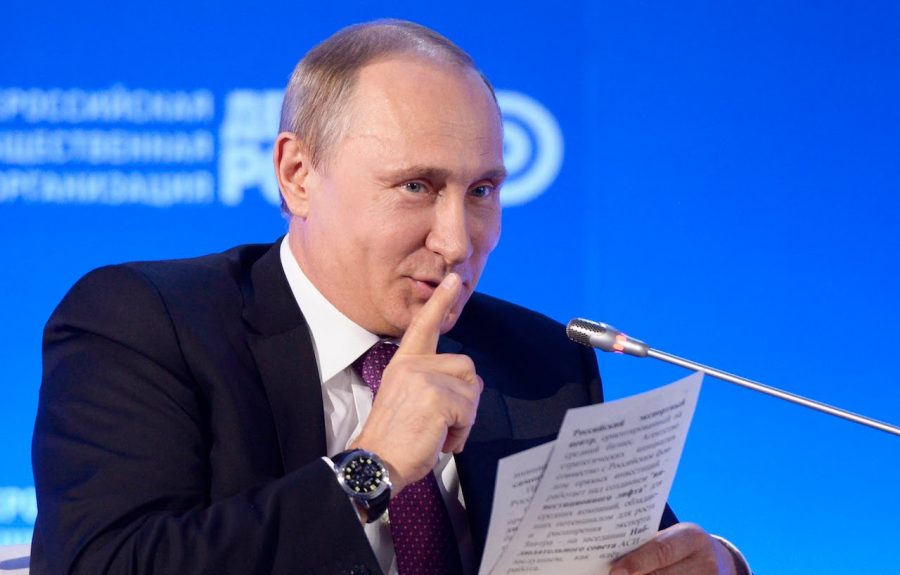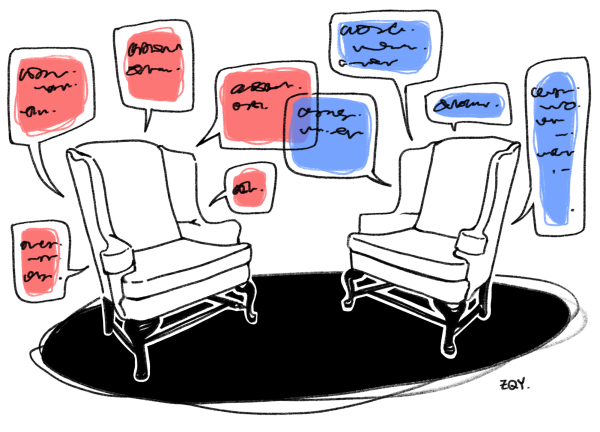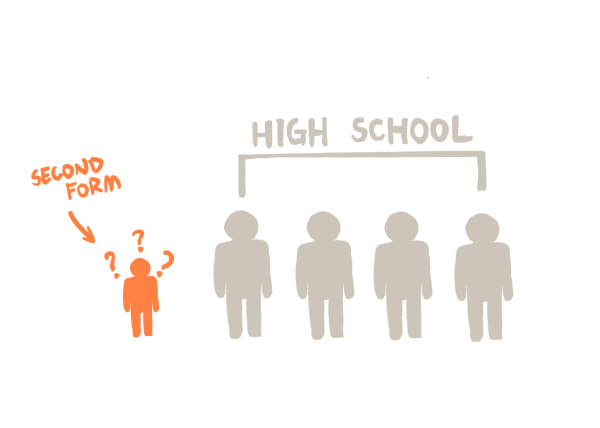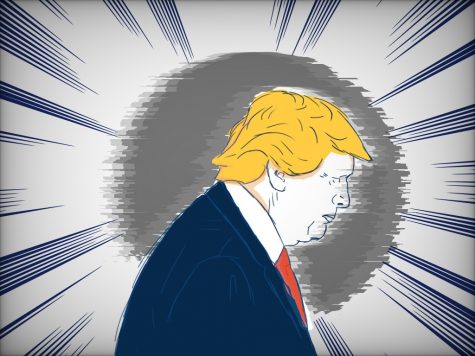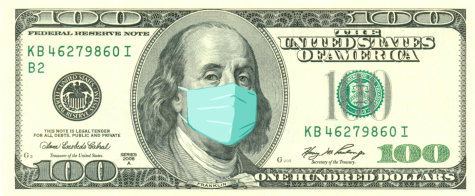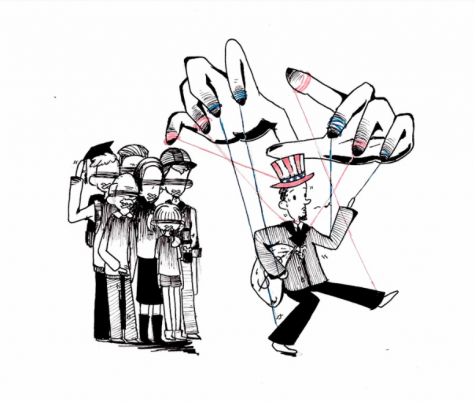Peeping Putin: Russian election hacking hysteria
Of all the claims that the 2016 election was somehow skewed, the most unsettling—and delegitimizing to President Donald Trump’s election—is that of Russian interference in the election.
Inevitably, Democrats and Republicans have squared off, debating whether this hacking means Trump is a legitimate president or not. Jarringly, typically-dovish Democrats have sided with the intelligence agencies, and usually-hawkish Republicans have sided with Russia.
Nevertheless, the public knows very little about Russia’s role in the election, even as the prevailing opinion, most strongly among the mainstream media outlets, is an acceptance of the claims made against the Russian government. Enough evidence has been arrayed to warrant suspicion.
The accusations seem reasonable at face value: Russia breached the Democratic National Committee (DNC), stole files compromising to the Democrats, and then leaked the files, causing their preferred candidate to win. This narrative seems plausible, as after all, Trump has praised Russia excessively.
Many things strongly suggest that the hackers were Russians in Russia: the discovery of Cyrillic writing and references to the Cheka (Soviet secret police), in certain released documents, Russian technology services in the hackings, and the fact that the attacks were carried out during working hours in Moscow. Additionally, cybersecurity experts from the DNC-contracted firm CrowdStrike have traced the technologies and methods used to breach the DNC to those used in other attacks of Russian origin.
Nevertheless, the attacks began before Trump was expected to be the Republican nominee, so Russia’s intentions in helping Trump achieve the presidency must be scrutinized closely. One especially-unexpected aspect of this entire affair is Democrats’ staunch defense of the CIA and its reports of Russian interference. Not long ago, the Democratic Party was lambasting the nation’s intelligence community for its role in leading America to invade Iraq—based off of what turned out to be incorrect information.
There remains plenty of ground for suspicion that Russia influenced our election, but nothing that could be called concrete proof—at least, nothing known to the public.
Various political factions’ confidence in their views on the matter— despite the absence of conclusive evidence—is a perilous threat to our democracy. The media immediately concluded that the little evidence it had signaled Russian governmental involvement, legitimizing this mere possibility far more than the facts merit. Before the election, they did the same thing regarding Clinton’s emails. The media’s job is to report fact in order to inform the citizenry, and making speculative guesses about the legitimacy of an election does not conform to the media’s fundamental raison d’être. Neither does giving unsubstantiated claims more attention than the real and documented issues of voter suppression, the plutocratic campaign-finance system, and the inequity of the Electoral College.
Similarly, the controversy over Russian hacking has brought out deeply-cynical partisanship on both sides—with Trump supporters appearing unable admit any possibility that hacking could have influenced the election, and Clinton supporters blindly accepting the CIA’s report despite the lessons of the 2003 invasion of Iraq. These phenomena are evidence of a troubling trend towards hyper-partisanship changing voters’ conception of reality itself.
While the most basic version of this theory—that the Russian government hacked the DNC to help Trump—is likely correct, the media’s aggressive speculation and Democrats’ knee-jerk response to the limited evidence available is dangerous, selfish, and irresponsible. There will likely be similar moments throughout the Trump presidency, and it is in America’s best interest if political parties, the media, and voters alike take a deep breath, consider the facts at hand, and act soberly.


